Beyond Bruce Lee: the rise of Hong Kong cinema during the 1970s
Beyond Bruce Lee: the rise of Hong Kong cinema during the 1970s
“Not one sequence sparkles and, despite the presence of an all-star cast, nobody shines,” said the Post’s review.
Operation Condor: Armour of God 2 (1991)
3/5 stars
That scared producers Golden Harvest, and although Chan retained creative control of his films for the studio throughout the 1990s, Harvest would usually pair him with other directors to gain some control over the time and money spent on them.
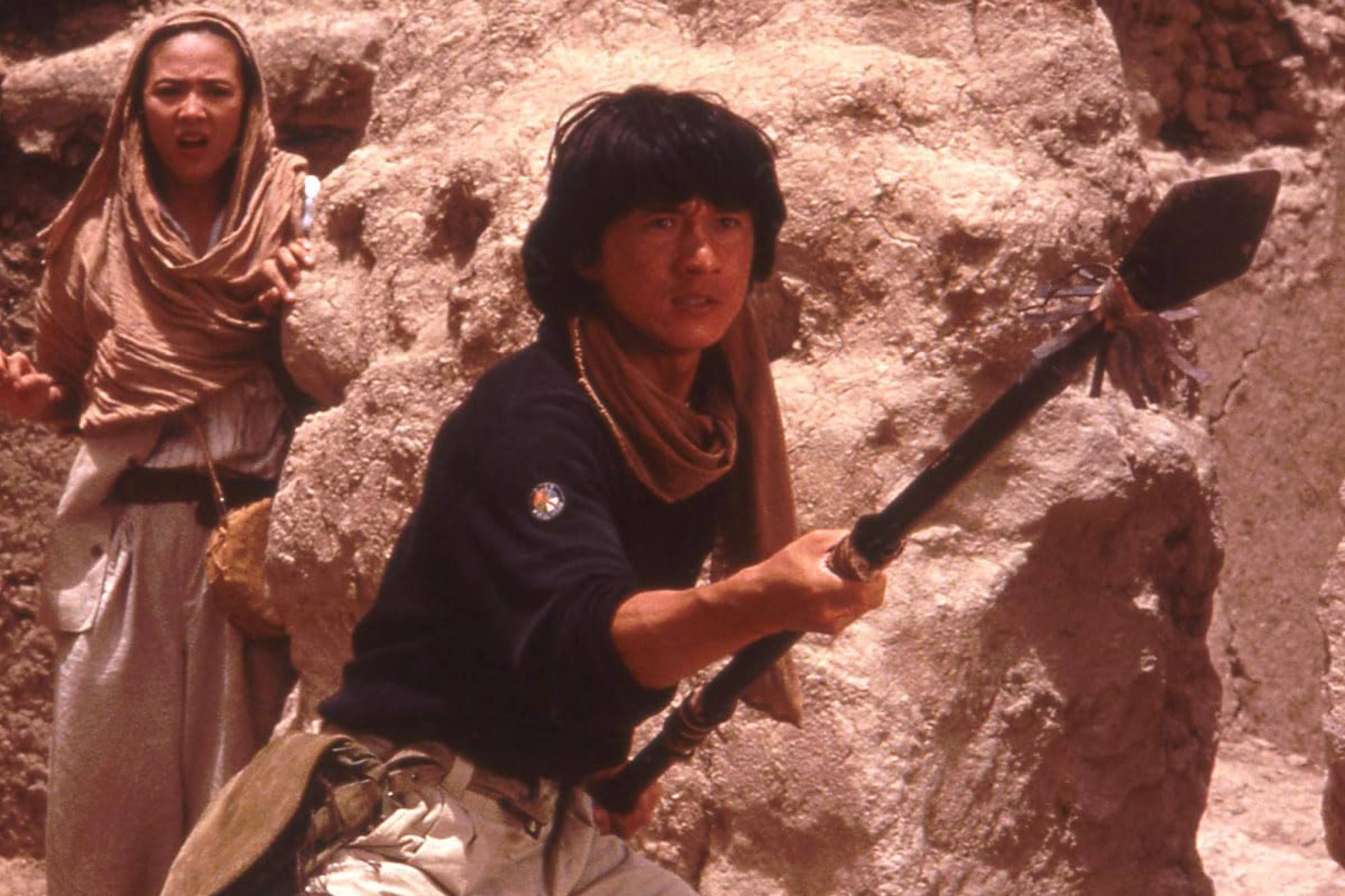
It’s a big picture, and all the money is up on the on the screen – location shooting was done in Morocco, giving rise to some spectacular desert set pieces, and Portugal, and the sets are lavish. The stunts, which include an innovative Nazi wind tunnel combat sequence, are top notch but the kung fu is messy, especially when featuring non-martial artists.
“Action sequences can’t hold a film together if it has no story,” noted the Post.
Twin Dragons (1992)
2.5/5 stars
Another oddity, the comedic Twin Dragons was made as a fundraiser for the Hong Kong Film Directors Guild.
The story is technically ambitious, as it features Chan in a Hong Kong version of the age-old twins-separated-at-birth scenario. This ends up with Chan acting opposite himself – he was disappointed with the special effects that enabled this, although the results look passable.
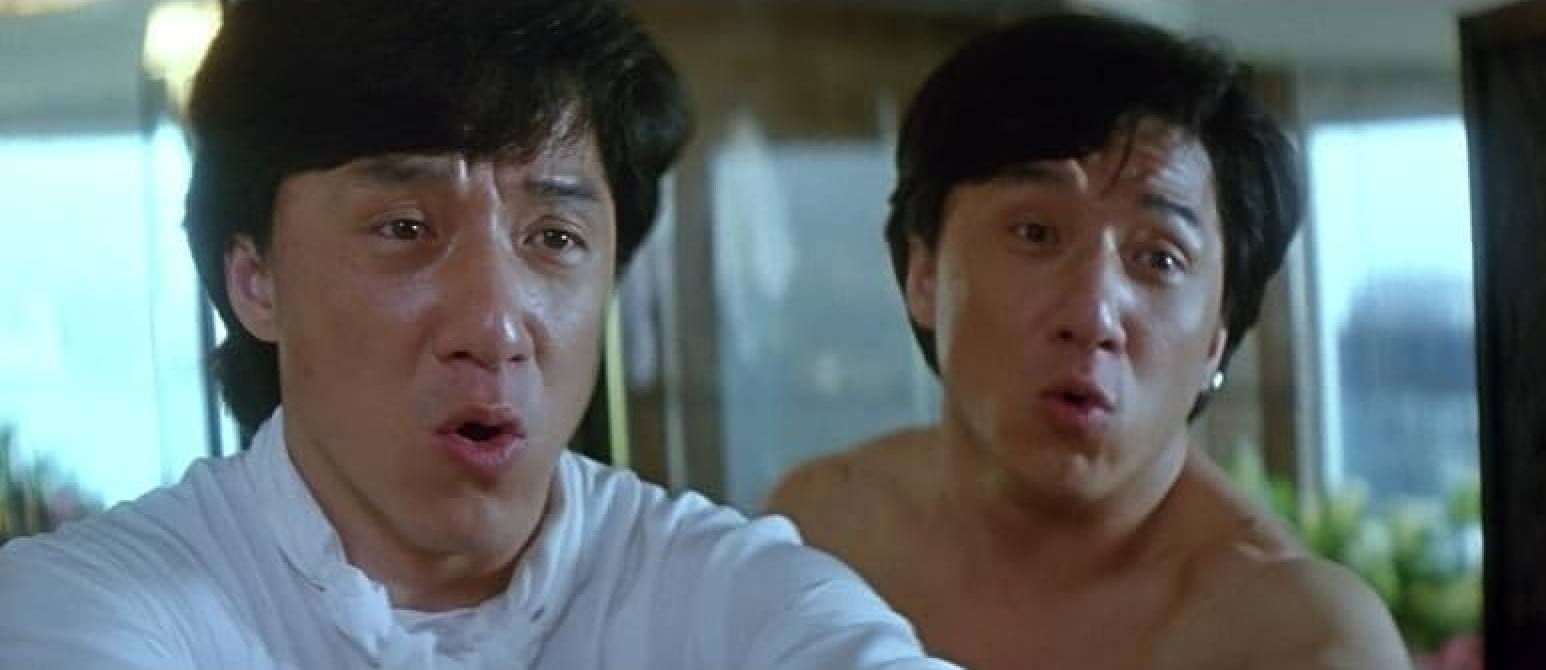
The kung fu scenes are goofy and slow, but the humour is more adult than Chan’s usual schoolboy innuendos.
“Stunts keep Chan ahead of the pack,” enthused the Post review.
Police Story 3: Supercop (1992)
5/5 stars
“Chan not only delivers his most engaging performance in years, but this third instalment in the Police Story saga ranks as one of the most polished action comedies released in the past decade,” wrote the Post’s Paul Fonoroff.
City Hunter (1993)
2/5 stars
Chan knew that he couldn’t continue to recycle the same stories in the early 1990s, and tried to experiment without destroying the formula that made him successful.
“I realised that I could not simply be a fighter all my life, which is why I made City Hunter and Crime Story,” he told this journalist. “I realised that I had to develop as an actor.”
City Hunter contains some interesting attempts to give the feeling of living inside a comic strip, but the stunts and martial arts sequences are well below par.
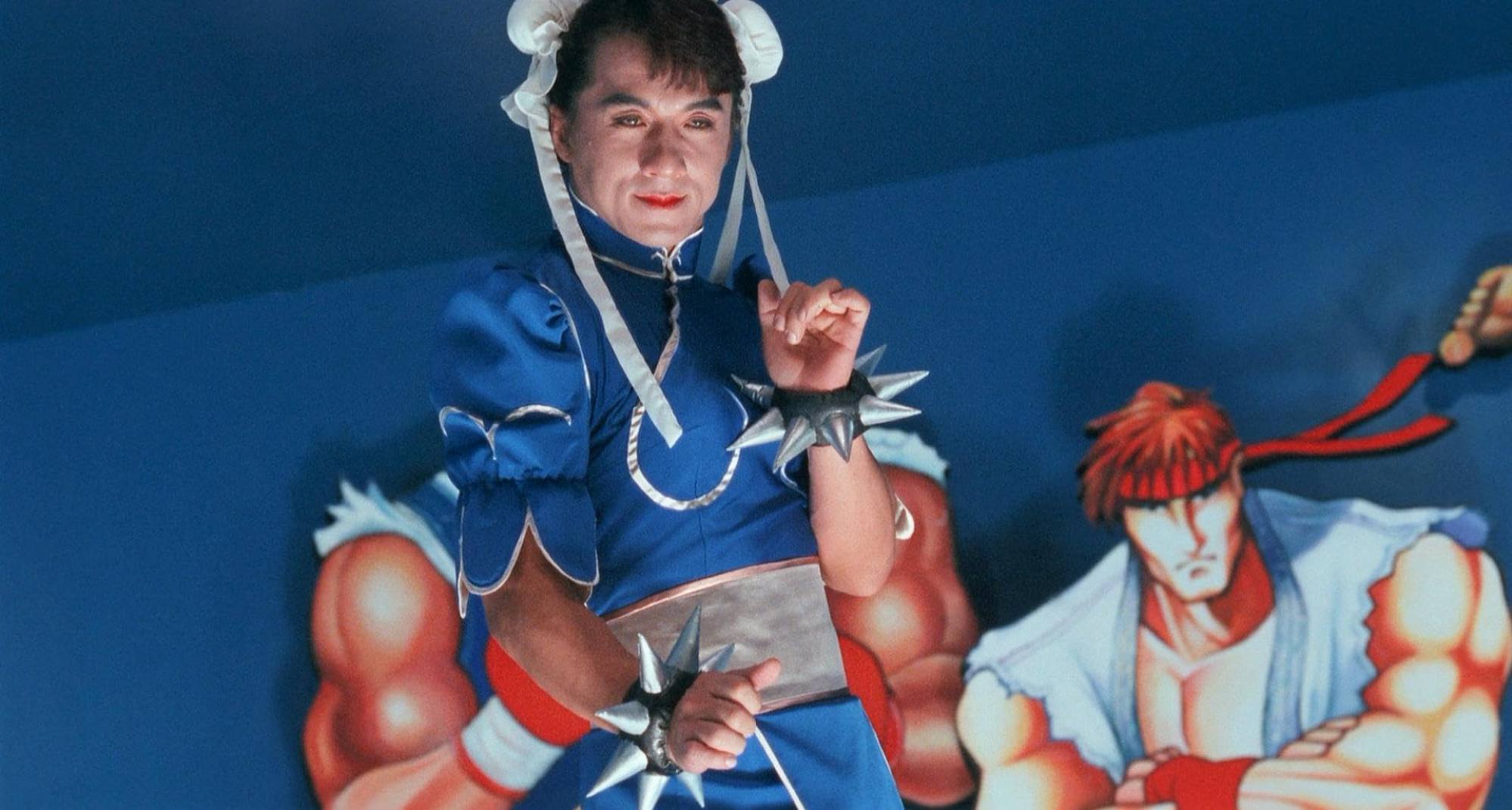
The storyline about Chan trying to date his young assistant is mildly offensive, and his desire to continually demonstrate how large groups of women fall at his feet is irritating, even though it comes from the manga the film’s based on.
“This adaptation of the popular Japanese comic book is so silly,” said the Post.
Crime Story (1993)
4/5 stars
With Crime Story, Chan wanted to show he could play a hard-hitting cop with no comic side. The result, directed by Kirk Wong, was a big success, propelled by an atypically well-constructed script.
Chan works hard to get into his role as a police officer on the tail of a kidnapping gang, and a great cast, including Kent Cheng Chuk-see as a corrupt cop, excel themselves.
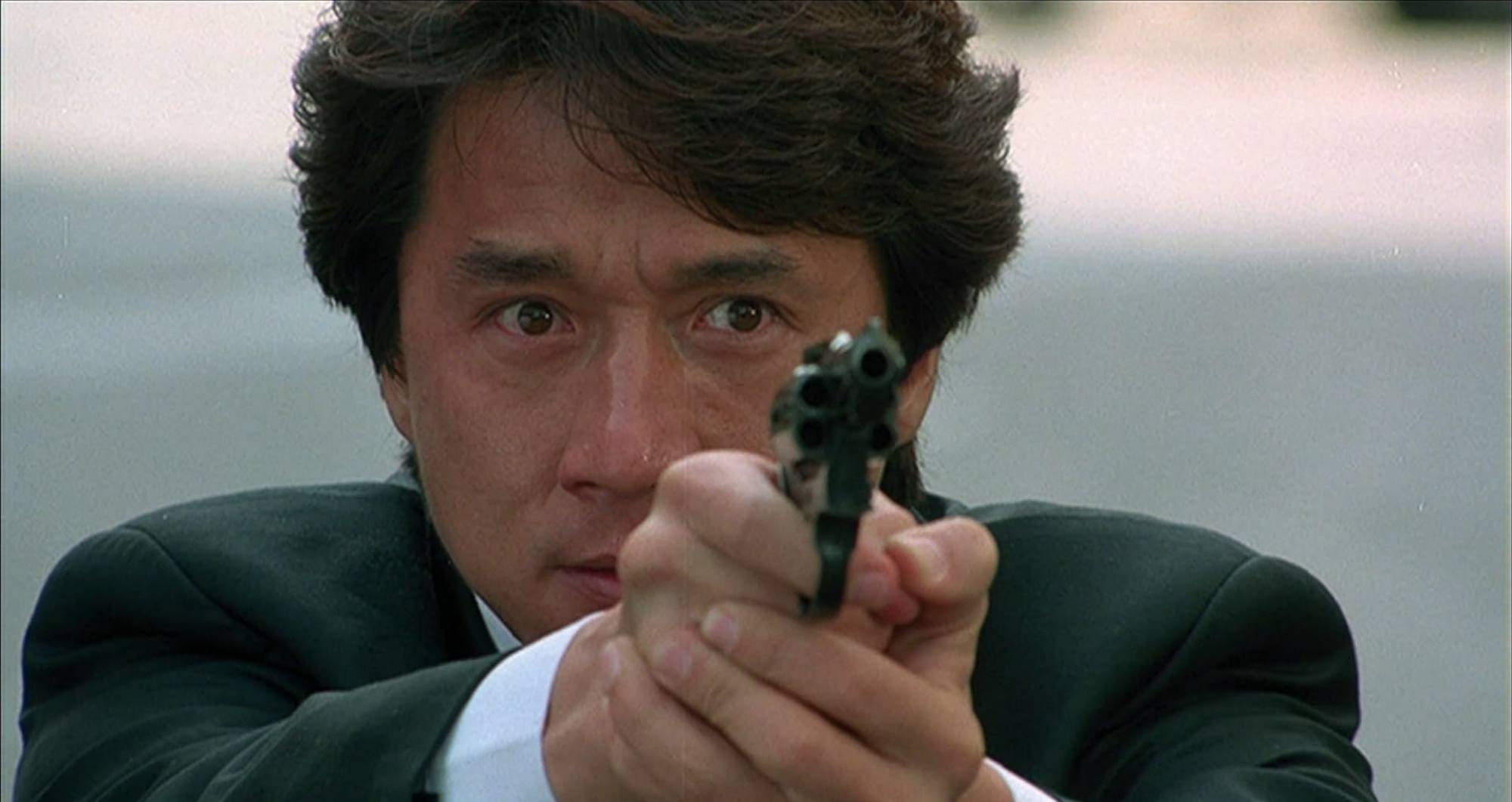
“I decided to do something completely different with Crime Story – I’m not smiling and it’s more dramatic,” Chan told this journalist.
Drunken Master II (1994)
5/5 stars
Wanting to put authentic kung fu back on the screen after the wirework of the 1990s martial arts boom, Chan returned to the screen as Wong Fei-hung, played it straight, and delivered a classic film.
Jackie Chan’s Drunken Master II a ‘real kung fu’ antidote to wire fu movies
Jackie Chan’s Drunken Master II a ‘real kung fu’ antidote to wire fu movies
Rumble in the Bronx (1995)
3.5/5 stars
Chan realised that to make it in the United States, he had to fit his Hong Kong persona and action into a US-style film without losing the elements that his local fans loved.
Rumble in the Bronx achieved that, and he quickly went mainstream in the West.
Thunderbolt (1995)
3/5 stars
Chan hired top-notch director Gordon Chan Kar-seung to direct this racing-meets-crime feature, and the result was a more sophisticated, if little loved, offering.
Chan plays a racing driver who gets caught up in a crime ring. The stunts, including a sequence where Chan’s mobile home is rocked around by a crane, are great, and the kung fu is up to scratch. A superbly imaginative combat sequence in a pachinko arcade is a stand-out set piece.
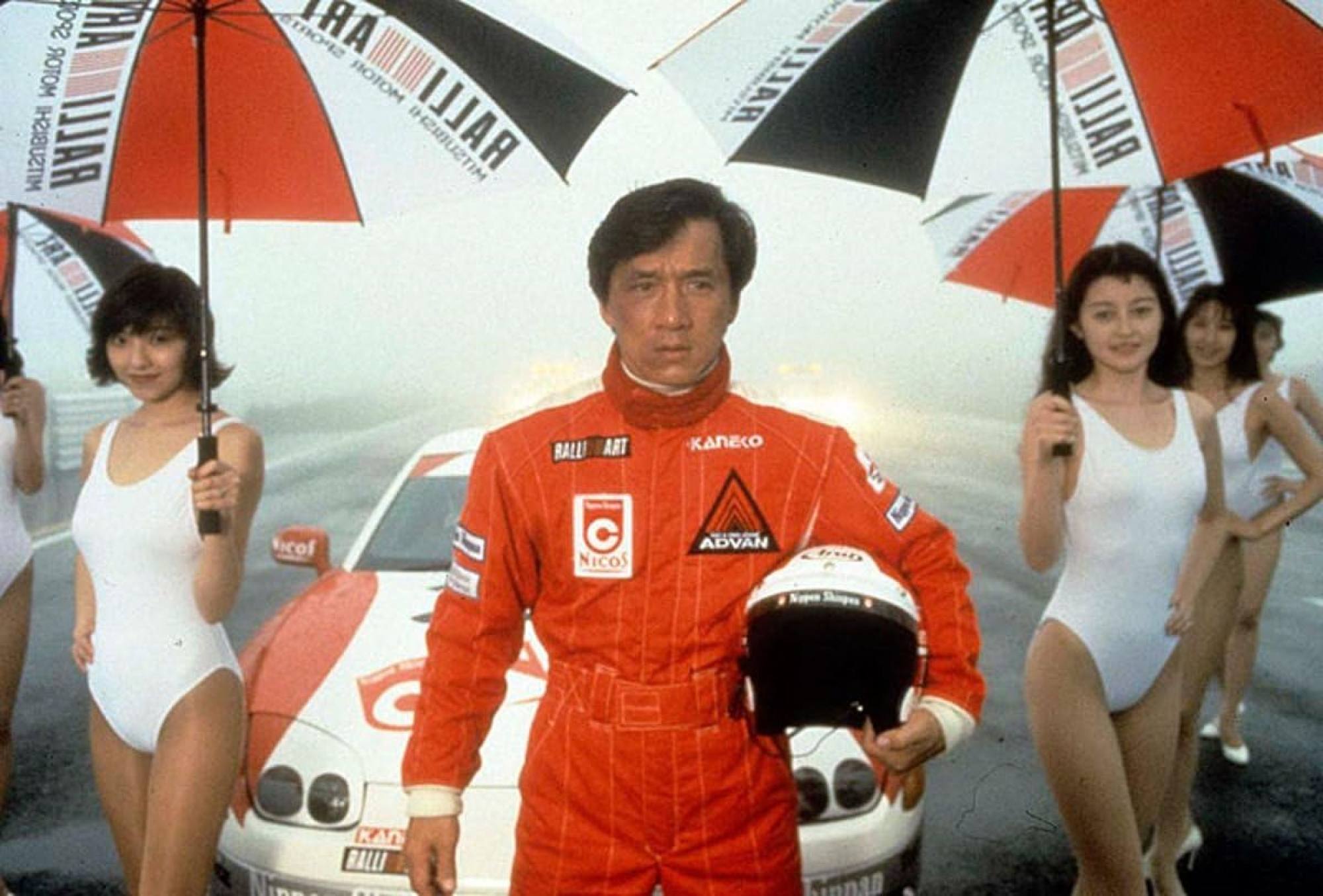
However, a dull script lowers the entertainment value. “The star’s passion for the sport never manages to infect the audience,” the Post said.
First Strike (1996)
2.5/5 stars
The Bond-style sequences, including a ski chase and an underwater romp, look impressive. But Chan’s character is connected to his charismatic Police Story predecessor in name only.
“I’m trying to do something new, and that is tough sometimes,” Chan told this journalist.
Mr Nice Guy (1997)
1.5/5 Stars
One of Chan’s worst films, this sees him play a cook caught up in a crime story in Melbourne, Australia. The script is puerile, the performances are often embarrassing, and the kung fu and stunts lack pizazz.
“A simplistic story populated by stick figures … the overall effect is below standard,” said the Post.
Who Am I (1998)
2.5/5 stars
Another misfire which is almost redeemed by an intense old-school rooftop fight and an extremely dangerous slide down a Dutch skyscraper. The plot is confusing, featuring Chan as a mercenary who loses his memory while carrying out an assignment in Africa.
“The film is Chan all the way,” said the Post, noting that the star was “tripped up by the script”.
Gorgeous (1999)
3/5 stars
“Gorgeous falls woefully short as a love story, a comedy, a whimsical fairy tale, and an action film,” said the Post.
In this regular feature series on the best of Hong Kong cinema, we examine the legacy of classic films, re-evaluate the careers of its greatest stars, and revisit some of the lesser-known aspects of the beloved industry.

